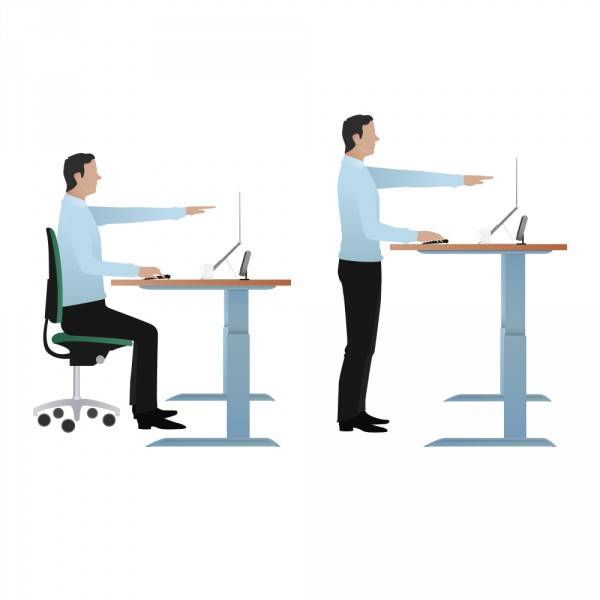December 6, 2024
Emotion tracking tech in the workplace puts people’s wellbeing at risk
 A new report from the Institute for the Future of Work (IFOW) explores the increasing use of affective computing in the workplace. Affective computing is a branch of artificial intelligence which focuses on recognising and responding to human emotions through technologies like biometric sensors, emotion-tracking software, and wearable devices. Once primarily used in consumer products, these systems are now finding applications in the workplace, often marketed as tools to enhance safety, productivity, and employee wellbeing. The use of AI-powered technologies that monitor and interpret employees’ emotions and behaviours is known as Algorithmic Affect Management (AAM) and is rapidly transforming the landscape of employment, raising significant questions about privacy, ethics, and the future of work, according to the report. (more…)
A new report from the Institute for the Future of Work (IFOW) explores the increasing use of affective computing in the workplace. Affective computing is a branch of artificial intelligence which focuses on recognising and responding to human emotions through technologies like biometric sensors, emotion-tracking software, and wearable devices. Once primarily used in consumer products, these systems are now finding applications in the workplace, often marketed as tools to enhance safety, productivity, and employee wellbeing. The use of AI-powered technologies that monitor and interpret employees’ emotions and behaviours is known as Algorithmic Affect Management (AAM) and is rapidly transforming the landscape of employment, raising significant questions about privacy, ethics, and the future of work, according to the report. (more…)


















 In 2013, two Australian academics set out to discover the answer to a deceptively simple question. Why is there such a thing as colour psychology, but not shape, line or texture psychology? The answers they come up with are complex, arcane and wide-ranging but they manage to sum them up to some extent in the conclusion to
In 2013, two Australian academics set out to discover the answer to a deceptively simple question. Why is there such a thing as colour psychology, but not shape, line or texture psychology? The answers they come up with are complex, arcane and wide-ranging but they manage to sum them up to some extent in the conclusion to 
















October 2, 2024
Finger on the pulse: Is biometrics the future of workplace wellbeing?
by Alex Dunham • Comment, Wellbeing, Workplace design